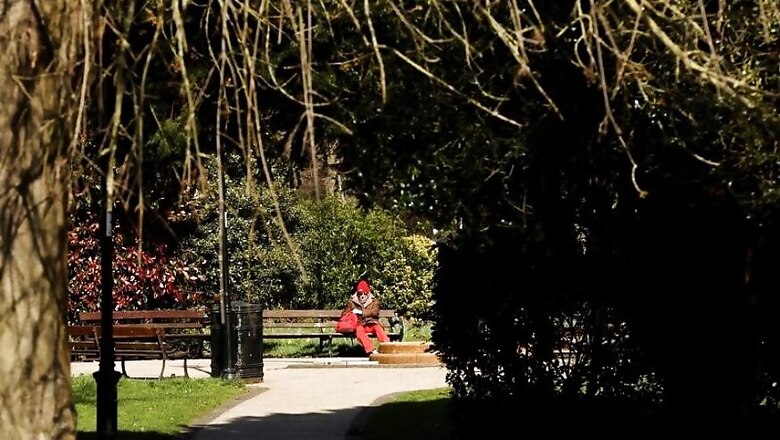
views
Mexico City/London/Nairobi: Coronavirus is forcing support groups for millions of addicts around the world to shut, leaving many to struggle alone at a time of isolation and anxiety and heightening their risk of relapse.
The usual hugs and handshakes are banned, while many groups that once gathered in person and in private now meet outdoors or online, where those without fast internet or smartphones are struggling to access them.
About 283 million people around the world suffer from alcohol-use disorders and 3 million a year die from alcohol abuse, the World Health Organization estimates. Some 35 million people have drug-use disorders.
Alcoholics Anonymous (AA), one of the largest networks of support groups to help people quit drinking, says it is in 180 countries, with membership estimated at more than 2 million.
Like other 12-step programs, AA is decentralized, meaning individual groups are autonomous and decide whether to hold meetings, go online or suspend completely.
Keith Humphreys, a Stanford University psychiatry professor, said the risk of relapse was higher when people were alone and inactive.
"If I go to the meeting, my health's at risk, but if I don't go to the meeting, my health's at risk for a different reason," he said.
British addiction support organizations said face-to-face meetings were being shuttered and online services ramping up, though a small number of in-person events were still on for services such as needle exchanges.
Some US and Canadian groups were still meeting, the General Service of Alcoholics Anonymous said, while others had moved online or created contact lists for keeping in touch.
In Mexico City, AA attendees wore masks and did not touch, while in the Kenyan capital Nairobi, some groups shut and others met in public parks standing one meter apart.
"It's a crisis within a crisis," said Matthew Thomas, a communications consultant for the British charity Action on Addiction and a recovering addict.
He knew of two people who had relapsed in recent days after struggling without in-person groups.
"Addiction is disease of isolation," he said. "Community is one of the ways that people can recover from addiction, and that community has been really seriously compromised."

















Comments
0 comment